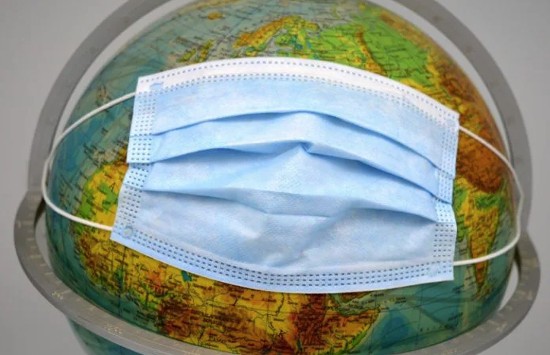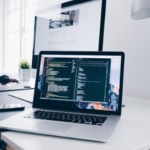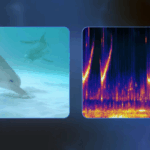When the 2006 edition of the Global Risk Report was published it didn’t sugarcoat anything either beginning with a warning about a global lethal flu that could severely impact travel, supply chains, manufacturing, and healthcare capacity. The 2007 report warned of the same potential threat. Subsequent editions repeated the issue of global vulnerability should a pandemic occur. And then in 2020, the reality of the warning came true and carried over into 2021.
In this the 16th edition of the Global Risk Report, the World Economic Forum (WEF) describes the consequences of a pandemic that has widened economic inequalities between the Global North and South, impacted societies across the planet, increased geopolitical and environmental risks, played havoc with employment, and further divided society between the haves and the have nots, seniors and youth, and the healthy and those who are health compromised. The existential threat of climate change to the global environment is seen as an accelerator for societal fragmentation.
How the WEF compiles and writes the Global Risk Report comes out of data collected from an annual survey of 650 members plus an additional weighted input from the new Global Future Council on Frontier Risks, a community of Chief Risk Officers within the organization.
Key Trends of Concern Within The Global Risk Report
The highest risks in the next decade will come from:
- climate change and human-caused environmental degradation.
- lack of climate action by governments and industry.
- cybersecurity failures, IT infrastructure breakdowns, and digital currencies that undermine the global monetary system.
- digital inequality that exacerbates economic inequality within as well as among countries.
- infectious diseases and healthcare infrastructure capacity stresses.
- the persistence of weapons of mass destruction, bloc geopolitical maneuvers between East and West, and terrorist attacks.
- changes to employment, erosion of social cohesion, youth disillusionment and a future “lost generation.”
- high levels of post-pandemic government debt and economic stagnation.
What will emerge in the post-pandemic world may be far different as patterns of business disrupted during COVID-19 find conditions to “return to normal” no longer viable. The new normal will be fuelled by a technological transformation that is already causing changes to both workplace and consumer behaviour. The economic fallout to small businesses within advanced economies will widen the gap between not just societal but also company haves and have nots.
Where Is There Hope?
Lots of experimentation can best describe 2020 and 2021 as countries and international institutions, healthcare providers, and businesses began an unprecedented period of sharing of information in the fight against COVID-19. Within five domains: government decision-making, public communication, health system capabilities, lockdown management and financial assistance to the vulnerable, many lessons have been learned. And we’re not just talking about policy decision making but also about risk response, capacity, and planning not just within a crisis but in anticipation of future ones.
The Global Risk Report credits the response to COVID-19 for allowing governments to strengthen their countries, business, and the international community’s overall resilience through:
- The development of new holistic frameworks for risk management.
- Investment in high-profile “risk champions” to develop national and international leadership and cooperation (think vaccine development for one).
- Improvements to the way risks are communicated and development of methods to combat misinformation.
- Increased forms of public-private partnership focused on risk preparedness.
An Unexpected Outcome
If the COVID-19 pandemic has shown all of humanity one significant consequence it is that “citizens now know the power political leaders can wield when the challenge demands it.” The normal rules no longer need apply. Will we look at debt the same way after witnessing governments expand social assistance programs to keep citizens and businesses afloat? Will governments no longer be able to hide inaction about climate change based on the traditional slow and deliberative processes of governing and legislating? We now know what we know and the actions taken during the current pandemic can equally apply to the existential crisis that is climate change.










[…] Read more […]